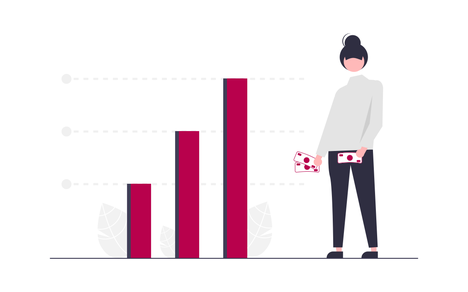
Funding
The information on this page presents voluntary contributions, i.e. extra-budgetary (XB) resources.* XB resources offer opportunities for ITC’s partners to get actively involved in accelerating the achievement of the SDGs. The volume of XB funds depends on agreements reached with resource partners on an ongoing basis, with project budgets usually covering several years, and based on ITC’s beneficiary demand.
There are two categories of XB resources, known as the two windows of the ITC Trust Fund (ITF):
Window I (W1) funding consists of un-earmarked and soft-earmarked contributions from funders.
Window II (W2) funding is tightly earmarked to specific projects, as well as Junior Professional Officers and secondees.
Voluntary contributions are crucial to ITC’s overall organizational effectiveness, as they account for over 70% of ITC’s delivery. Besides voluntary contributions, ITC is financed through its regular budget (RB) consisting of assessed contributions from member states. These are approved by the United Nations General Assembly and the World Trade Organization General Council as part of the organizations’ budget cycle. Both organizations provide equal amounts. ITC’s RB has been stable at around $37 million for the last years.
*Note: The XB funding data displayed here is provisional and does not reflect ITC’s official records. It is pending final work to enhance data accuracy. Please refer to the CCITF reports for official funding information. The matching of grants to programme countries is available for approximately 90% of ITC's extra-budgetary funds.
Top 10 Funders of ITC in 2022 (by Funding Received, $ Millions) |
|
|
Funder |
Funding received |
|
European Union |
58.93 |
|
Germany |
6.42 |
|
Switzerland |
4.19 |
|
Netherlands (the) |
3.88 |
|
United Kingdom of Great Britain and Northern Ireland (the) |
3.88 |
|
Sweden |
3.63 |
|
Finland |
3.01 |
|
Republic of Korea (the) |
2.95 |
|
Norway |
1.47 |
|
China |
1.17 |




